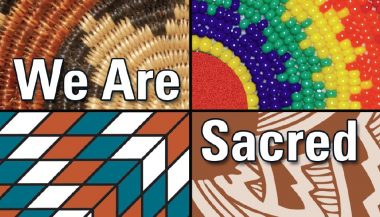Showing all 4 results
Hanging Out or Hooking Up? Safety Card (Hard Copy and PDF)
$0.00
Last revised in 2019, the Hanging Out or Hooking Up (Adolescent Health) safety card challenges teens and young adults to reflect on how the person(s) they are dating or seeing treats them. It identifies the dynamics of healthy relationships and prompts teens to consider signs that may indicate abuse. This tool explores
Health, healing, and relationships: You are not alone (Hard Copy and PDF)
$0.00
People living with HIV are more likely to have experienced domestic, sexual, and other forms of intimate violence in the past and are likely to experience abuse as a result of stigma associated with HIV. Experience of domestic violence and trauma are also associated with adverse health outcomes for people
Is Your Relationship Affecting Your Health? General Health Safety Card (Hard Copy and PDF)
$0.00
The General Health safety card features 10 panels, 5 panels each side, and folds up to the size of a business card (3.5" x 2") for discretion. Designed for women receiving health care services, the card helps women recognize how their relationship impacts their health and the lives of their children,
We Are Sacred – American Indian/Alaska Native Reproductive Health Safety Card (Hard Copy and PDF)
$0.00
This safety card was designed for health settings serving Native communities including IHS clinics, Tribal health centers, and Urban Indian Health Centers. The card is designed to help women recognize how their intimate relationships may impact their reproductive health, while providing information for safety planning and referral. Basic information about




